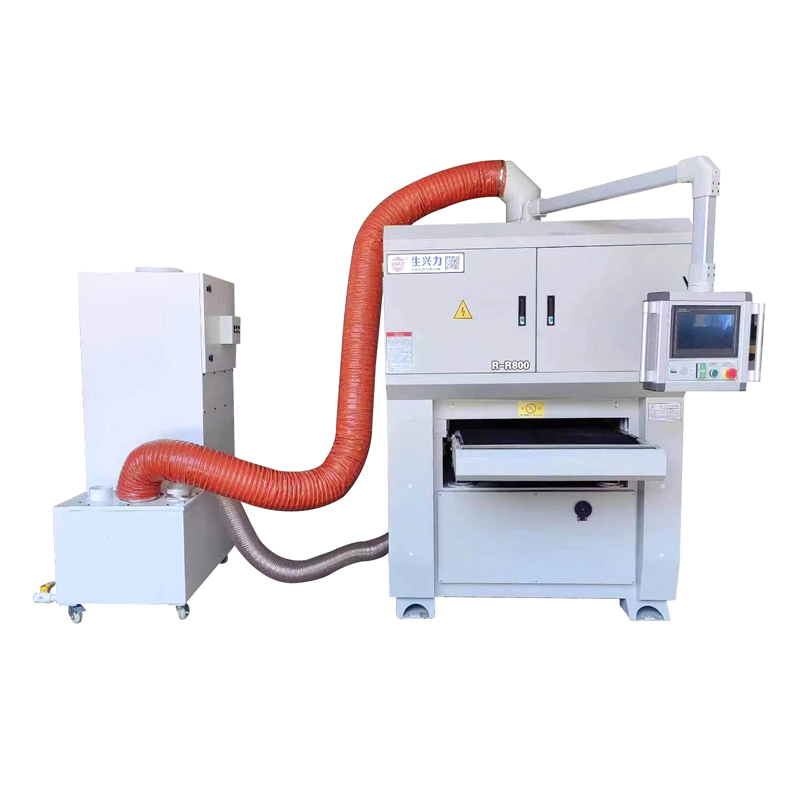

In the process of manufacturing precision parts, there are often some inevitable burrs. These burrs can negatively affect the quality and performance of the part, so we need to completely remove these burrs before final assembly. Here are some common ways to remove burrs.
1. Mechanical deburring
Mechanical deburring is one of the common and simple methods. It usually uses tools such as sandpaper, grinding wheels, stones, or metal brushes to remove burrs. First, select the appropriate tool, slowly move it back and forth over the burr, and apply moderate pressure. When deburring with sandpaper, pay attention to maintaining the smoothness of the sandpaper to avoid new scratches during the deburring process. Although mechanical deburring is simple and easy, it requires the operator to have a certain technical experience to ensure that the parts are not damaged.
2. Chemical deburring
Chemical deburring is a more efficient method that does not cause secondary damage to the surface of parts. It usually uses a variety of chemical solutions to corrode or degrease burrs. Common chemical deburring methods include pickling, alkali washing and electrolytic polishing. Pickling can be done by soaking parts in certain acids to dissolve burrs. Alkali washing involves soaking parts in lye to remove grease and dirt. Electrolytic polishing is to form a layer of anodic oxidation film with burrs on the surface of the part through the electrolyte and current, and then remove the burrs with an abrasive agent in the electrolyte. Chemical deburring offers high efficiency and accuracy, but requires a high level of expertise and safety awareness.
3. Deburring by melting
Melting method is a simple and effective deburring method, which is suitable for metal parts. It melts and removes burrs by using high temperatures. In the specific operation, we need to heat the part above its melting point, and then gently shake or shake the part to make the burr fall off the surface. Of course, in the process of melting deburring, it is necessary to determine the appropriate temperature and time according to the material and characteristics of the specific part to prevent other damage caused by excessive heating.
4. Air flow deburring
The airflow method is an effective way to remove smaller burrs and is usually suitable for small holes or grooves. In the process of air flow deburring, we need to use high-pressure gas or an air gun to spray the air into the burr to remove impurities. This method does not cause any damage to the part, but needs to ensure the stability and direction of the air flow to ensure that the burr is completely removed.
In short, removing burrs on precision parts is an important job, which can guarantee the quality of the parts and improve the overall performance. By mechanical deburring, chemical deburring, melting deburring and air flow deburring and other methods, we can choose the appropriate method according to the specific situation. No matter which method is used, the operator should have a certain amount of professional knowledge and technical experience to ensure the effect and quality of deburring. Later, it is also necessary to remind everyone that no matter what kind of deburring method, it is necessary to choose the appropriate treatment according to the specific requirements and characteristics of the parts to ensure the integrity and service life of the parts.
